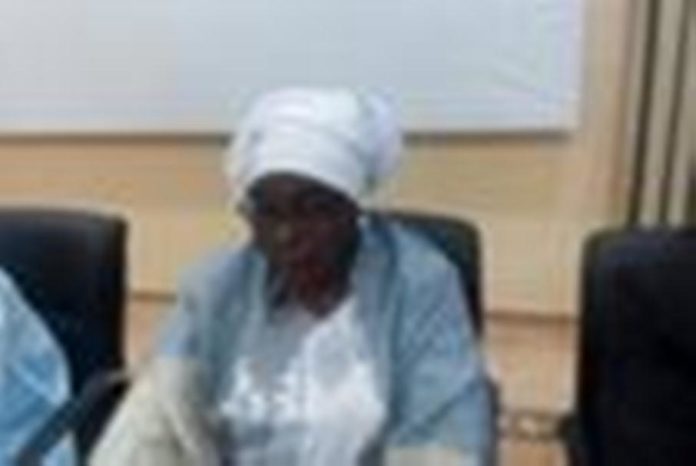By Nelson Manneh
Mrs. Fatou Njie-Jallow, the Ombudsman of the Gambia, Thursday 26th April 2018, disclosed that her office has visited prisons and detention centers and that there is high compliance by the Government Officials on the declaration of their assets.
Mrs. Njie-Jallow made this disclosure at a workshop that aims to explain the activities of her office particularly on prison and detention centers’ visits and asset declaration.
“The Gambia Ombudsman has made great strides as far as its mandate for visiting prisons, Police cells and detention centers and the declaration of assets, are concerned,” she said that Section 3 (b) of the Ombudsman Act 1997, mandates the Ombudsman “to investigate complaints concerning the functions of the Public Service Commission, the administrative and security organs of the state including the Gambia Police Force and Prisons Service;”
that Section 11 (2) of the Ombudsman Act 1997, further states that “notwithstanding the provision of any written Law, where a prisoner or any other person held in any institution makes an allegation or complaint to the Ombudsman, the allegation or complaint shall not be made through or subject to scrutiny of any other person”.
“The Ombudsman was unable to execute the above functions since its inception in 1999, due to lack of the political will. However, the new Gambia has guaranteed the Ombudsman unrestricted access to prisons, police cells and all detention centers. All cells at Mile II Prisons, were visited including the kitchen, the clinic, food stores, the skills center etc. The team interviewed prisoners and inspected various administrative records. Similar procedures were done at the police stations and other detention centers,” she said.
According to Mrs. Njie-Jallow, the main objective of their visit to these detention places was to conduct inspection and investigations to make prisons and detention centers transparent to the public and to draw attention to problems and conditions endured by the vulnerable prisoners; that, such visits uncovers any unjust, unfair, unsound and illegal conditions that prisoners are subjected to and will provide the necessary recommendation for correction.
“The Ombudsman will ensure that detainees are kept in a conducive environment and will report to Government on their findings so that appropriate recommendations in line with optional protocol on the Convention against Torture and Degrading Acts, will be upheld. The Ombudsman will come up with reports containing genuine evidences of conditions in prisons, police cells and places of detention. In addition, the Ombudsman will be receiving genuine complaints from prisoners and people in detention for appropriate action and recommendations,” she said.
On the declaration of income and assets by Senior Government Officials, Mrs. Njie-Jallow said this is a Constitutional requirement under Section 223 of the 1997 Constitution, which requires public officers to make a written declaration of all property and assets including liabilities, their own; that Asset Declaration is not a threat to privacy but instead, it is a powerful tool to use in the fight against corruption; that Asset Declaration increases transparency and trust of citizens in public administration, protects public officers from false accusation, enhances the legitimacy of Government in the eyes of the public, fights against corruption, dissuades public officers from misconduct or other illegal activity, among other importance.
“It is worth noting at this juncture, that all the Ministers have declared their assets to the Ombudsman through directives from the President of the Republic. Permanent Secretaries, Deputy Permanent Secretaries, Managing Directors, Deputy Managing Directors, Executive Directors, Deputy Executive Directors and Directors, from both Government institutions and parastatals, have started coming.





















